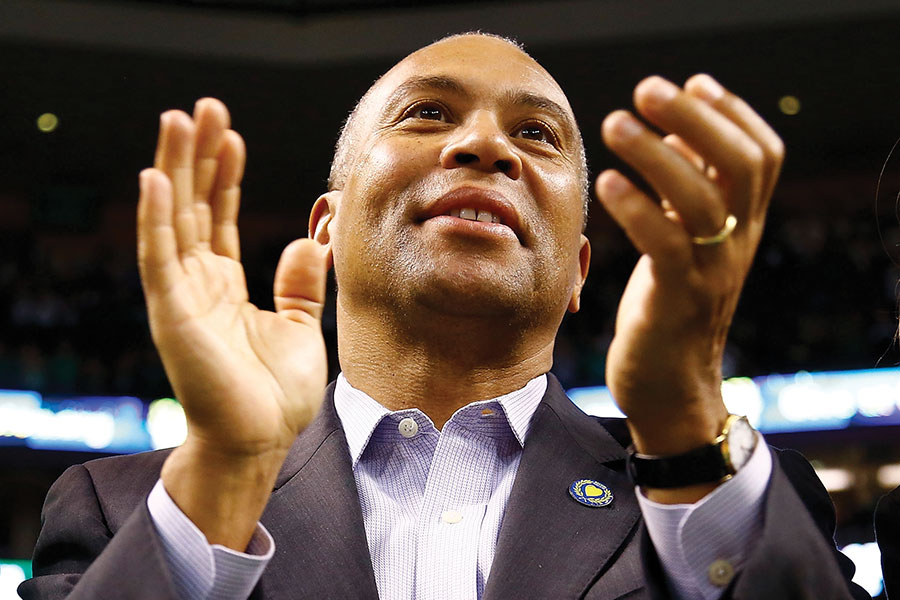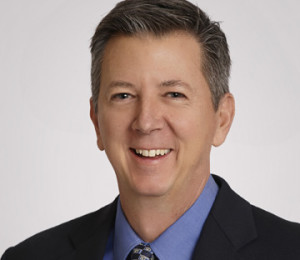Deval Patrick has been successful in the world of business, government and non-profits. In a recent conversation, I was curious to learn what leadership lesson he had taken away from each.
Emerging from a childhood in a Chicago tenement to graduating from Harvard Law School, and serving as Governor of Massachusetts, his journey has been a fascinating one. He is now a Managing Director at Bain Capital Double Impact, a social impact private equity fund he conceived and founded. Here, he shares refreshing words of wisdom, his life’s journey and some lessons along the way:
I keep meeting people my age who tell me they’ve reached a stage in their lives where they’re searching for meaning – something separate from their business or professional lives. I feel fortunate to have figured out relatively early how to inject this deeper meaning into my career. We all spend so much time at work that there is hardly time to separate our work lives from the rest of our lives, and little reason to separate our work values from our personal values in any event. Finding that deeper meaning won’t happen overnight. For me, it required moving out of my comfort zone.
When I was 21 years old and freshly graduated from college, I wasn’t sure what I wanted to do with my life. I thought about going to business school, joining the bank I’d worked at during summer break, going to law school, or even the seminary. Winning a Rockefeller Traveling Fellowship eventually made that decision for me. The scholarship required that I live for a year in a non-Western culture and find a project to work on. They offered me just enough money to get there and back. I had never traveled outside the United States before and wanted to go to Africa, despite not knowing a soul. After much correspondence, I finally got a response from a guy in Khartoum in Sudan, who said, “I don’t know what you’ll do, but we’ll figure it out.” So, I bought a backpack and set off for Khartoum. When I arrived, my contact guy had left for Long Beach, California for two years and had notified no-one of my arrival!
Eventually, I persuaded the folks in the office (who wanted nothing to do with me) that I could do something if they just gave me a chance. To get rid of me, they sent me to do a research project in Darfur – 700 miles away, across a desert. I rode on the back of a cargo truck for five days to a village with no mail, phones, airport or trains. I stayed for seven months and figured it out – learned the language, how to do the job, how to make friends in a foreign language, and how local customs worked.
When you find yourself in a strange place, without your familiar support systems, you start focusing on what’s essential in life. You think about what’s meaningful and what really matters, not only short-term issues but what lasts. These revelations don’t come to you in a flash, it marinates over time, and as I look back at the zig-zag path of my career, one of the reasons I’ve been willing to try new things outside my comfort zone is because this comfort zone is pretty broad. Like my experience in Darfur, I knew I’d figure things out. What I initially mistook for a problem became a blessing.
The qualities of a leader, regardless whether the setting is political or business or law, are basically the same: Intellectual honesty, rigor, curiosity and humility. We need to stay curious and open to other people’s ideas. I’ve been fortunate to surround myself with people who are smarter than me. They raise my game and have interesting ideas. It doesn’t matter whether these people are my superiors or my subordinates. I just want to be around people who will challenge me to be better.
From my experience, it’s middle management that makes things happen. You can issue as many edicts as you want, but if you don’t win middle management and they don’t understand what you’re trying to do and that you respect their role in making it happen, then you can fire off all the directives you want, but nothing will move. You need to be open to hearing, “We tried this approach before you got here, and here’s why it didn’t work. Here’s a better way to accomplish the same thing. Here’s what you should be focused on instead.” Humility, curiosity and being open to ideas can sometimes get the job done faster and better.
As a leader, you need the courage sometimes to fail. An extraordinary result of a superior education is all the options it brings. Yet, one of the strange things I’ve noticed is that graduates from these schools frequently seize up. They’re afraid that if they exercise one of their many options, they’ll lose out on others. Activating one of those options may open up others you didn’t realize you had. One of the fascinating things about the innovation economy in which we currently find ourselves is that it’s required us to raise our tolerance for failure. We’re going to have to learn to tolerate failure in public policy too if we want to find new ways of doing things as a nation.
When I was in 6th grade my teacher, Mrs. Quaintance, had 35 kids in her class who were just like me – all from challenged backgrounds – yet she managed to do much more than keep order in our class. She took us to our first opera. I didn’t have a clue what they were singing about (and still don’t today), but I loved it, and still do. She took us to see The Sound of Music to expose us to modern European history and taught us to count and greet in German. She was the first person to give me a sense of what a global citizen might be.
Mrs. Quaintance’s leadership was subtle and responsive to the gaps in our lives (that we didn’t even know we had) and it made me hungry for more. That’s the kind of generous leadership that lifts you up and broadens your horizons. It begins with an open mind and ends with a richer, more rewarding life. I hope to become that kind of leader.




































